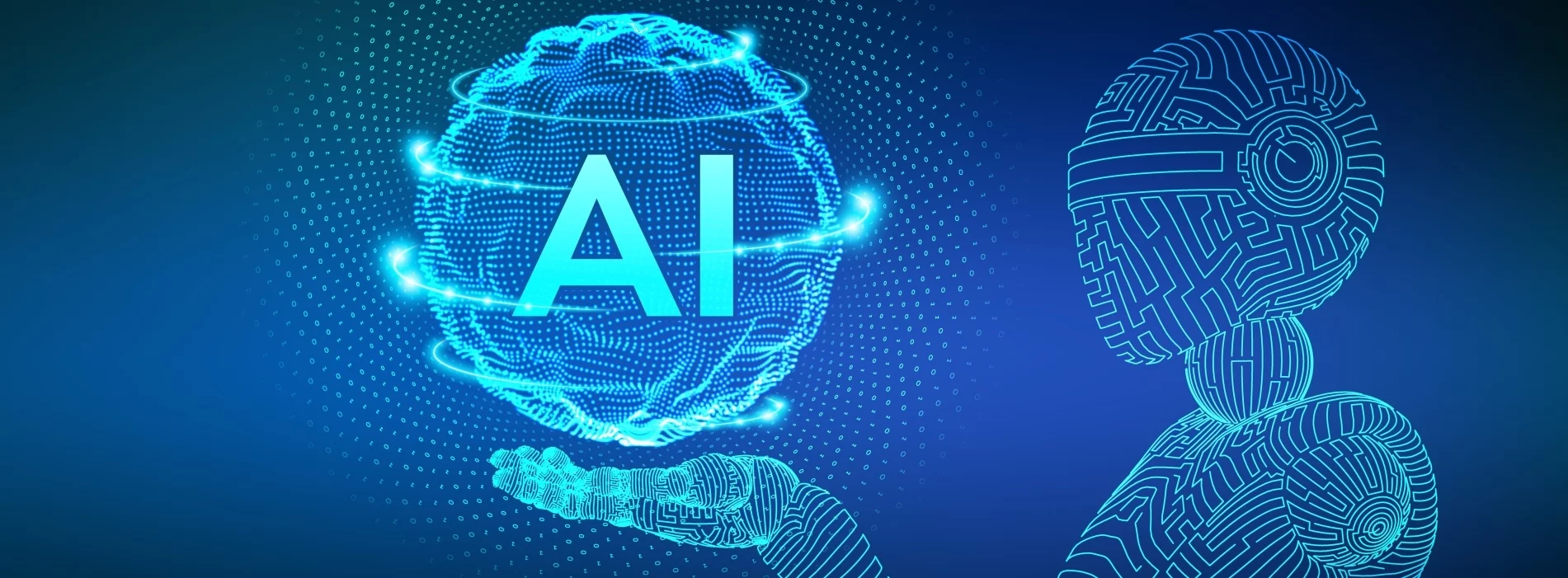Artificial Intelligence has evolved from science fiction to an integral part of our daily reality. In 2025, AI applications have transcended experimental phases to become essential tools that enhance productivity, improve decision-making, and solve complex global challenges. The technology now powers everything from the virtual assistants in our pockets to sophisticated medical diagnostic systems, saving lives worldwide.
The rapid adoption of AI has been remarkable, with generative AI usage among business leaders jumping from 55% to 75% in just one year. This transformation represents more than technological advancement; it signifies a fundamental shift in how we interact with digital systems and approach problem-solving across industries.
What makes 2025 particularly significant is AI’s evolution toward greater autonomy and specialized capabilities. Advanced reasoning models can now solve complex problems with logical steps similar to human thinking, while specialized AI systems are being tailored for specific industries and tasks. This specialization has enabled breakthrough applications that were previously impossible.
The most striking trend is AI’s role in providing support for both professional and personal needs. People are increasingly turning to AI for therapy and companionship, life organization, and finding purpose, indicating a shift toward AI as a comprehensive life assistant rather than just a productivity tool. This human-centric approach to AI development has created applications that address fundamental human needs while maintaining the efficiency and accuracy that make AI valuable.
From revolutionizing healthcare diagnostics to transforming how we manage our homes, these ten applications represent the most impactful ways AI is reshaping our world in 2025.
Healthcare Diagnostics and Drug Discovery
AI has revolutionized medical diagnosis by analyzing complex medical images and patient data with unprecedented accuracy and speed. Machine learning algorithms can now detect diseases at their earliest stages, often identifying patterns that human physicians might miss. This capability has significantly improved diagnostic precision while reducing the time required for analysis.
In drug discovery, AI systems like Microsoft’s AI2BMD are accelerating biomedical research by simulating biomolecular dynamics with extraordinary speed and precision. This breakthrough allows researchers to explore complex biomolecular science problems and discover life-saving drugs faster than ever before. The technology promises to solve previously intractable problems in protein design, enzyme engineering, and pharmaceutical development.
Virtual Assistants and Smart Home Integration
Virtual assistants powered by advanced Natural Language Processing models like GPT-4 and BERT have become sophisticated household companions. Amazon Alexa, Apple Siri, and Google Assistant now handle complex tasks beyond simple commands, including real-time language translation, smart device control, and contextual conversations.
Smart home appliances integrated with AI optimize energy consumption and predict maintenance needs. Refrigerators, washing machines, and air conditioning systems now learn user preferences and adjust operations automatically, creating more efficient and comfortable living environments while reducing energy costs.
Personalized Recommendations and Content Curation
AI recommendation systems using collaborative filtering and deep learning models have transformed how we discover content and products. Streaming platforms like Netflix and Spotify analyze viewing and listening habits to suggest personalized content, while e-commerce giants like Amazon recommend products based on browsing history and purchase patterns.
Social media platforms employ AI algorithms to curate personalized feeds, with systems analyzing engagement patterns and user interests to deliver relevant content. This personalization extends beyond entertainment to include news, educational content, and professional networking opportunities.
Autonomous Transportation and Traffic Management
Autonomous vehicles represent one of AI’s most visible applications, using computer vision and machine learning to navigate complex traffic scenarios. These systems process real-time data from multiple sensors to make split-second decisions, promising safer and more efficient transportation.
AI traffic management systems optimize traffic flow in smart cities by analyzing patterns and adjusting signal timing dynamically. This technology reduces congestion, minimizes fuel consumption, and improves urban mobility.

Cybersecurity and Fraud Detection
AI-powered cybersecurity solutions use behavioral analysis and machine learning to detect threats in real-time. These systems can identify unusual patterns that might indicate cyberattacks, often preventing breaches before they occur. Financial institutions particularly benefit from AI fraud detection systems that analyze transaction patterns to identify suspicious activities.
Agricultural Monitoring and Optimization
AI applications in agriculture include crop monitoring through satellite imagery and drone data analysis. These systems optimize irrigation, predict yields, and identify potential issues before they impact harvests. Livestock monitoring uses AI to track animal health and optimize breeding practices, improving both animal welfare and farm productivity.
Customer Support and Service Automation
AI chatbots and virtual assistants provide 24/7 customer support across industries. Banking assistants like HDFC Eva handle routine transactions and queries, while e-commerce platforms use AI for order tracking and product recommendations. Healthcare AI assistants provide basic medical guidance and mental health support, expanding access to care.
Scientific Research and Discovery
AI is accelerating scientific breakthroughs across multiple disciplines. From climate research to materials science, AI systems process vast datasets to identify patterns and generate hypotheses that would take human researchers years to develop. This acceleration is particularly valuable in addressing global challenges like climate change and sustainable development.
Personalized Education and Learning
AI-powered educational platforms adapt to individual learning styles and paces. These systems provide real-time feedback, customize content difficulty, and identify knowledge gaps to create truly personalized learning experiences. Interactive elements and gamification improve engagement while preparing students for future challenges.
Mental Health and Therapy Support
Perhaps most surprisingly, therapy and companionship has emerged as the top AI use case in 2025. AI-powered mental health applications provide accessible support for emotional well-being, teaching mindfulness and cognitive behavioral therapy techniques. While not replacing human connections, these tools offer valuable support in addressing the global mental health crisis.




